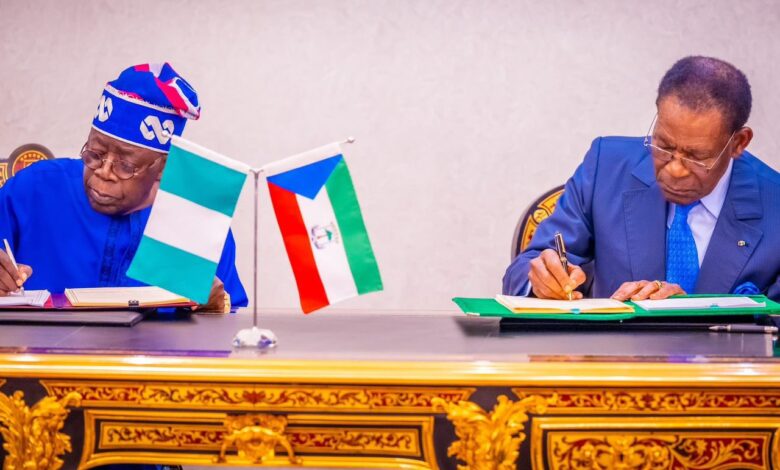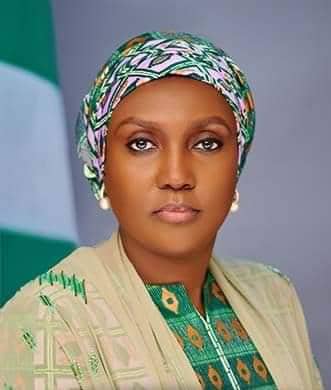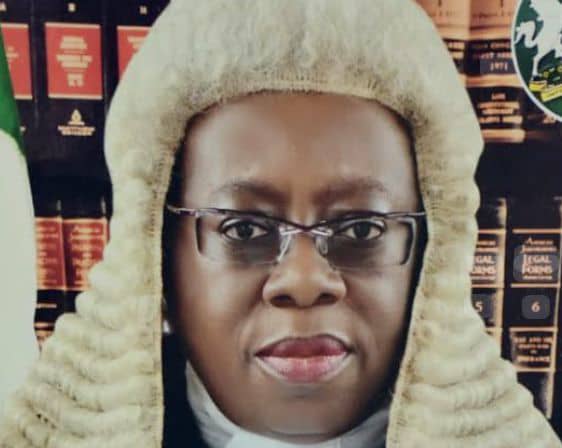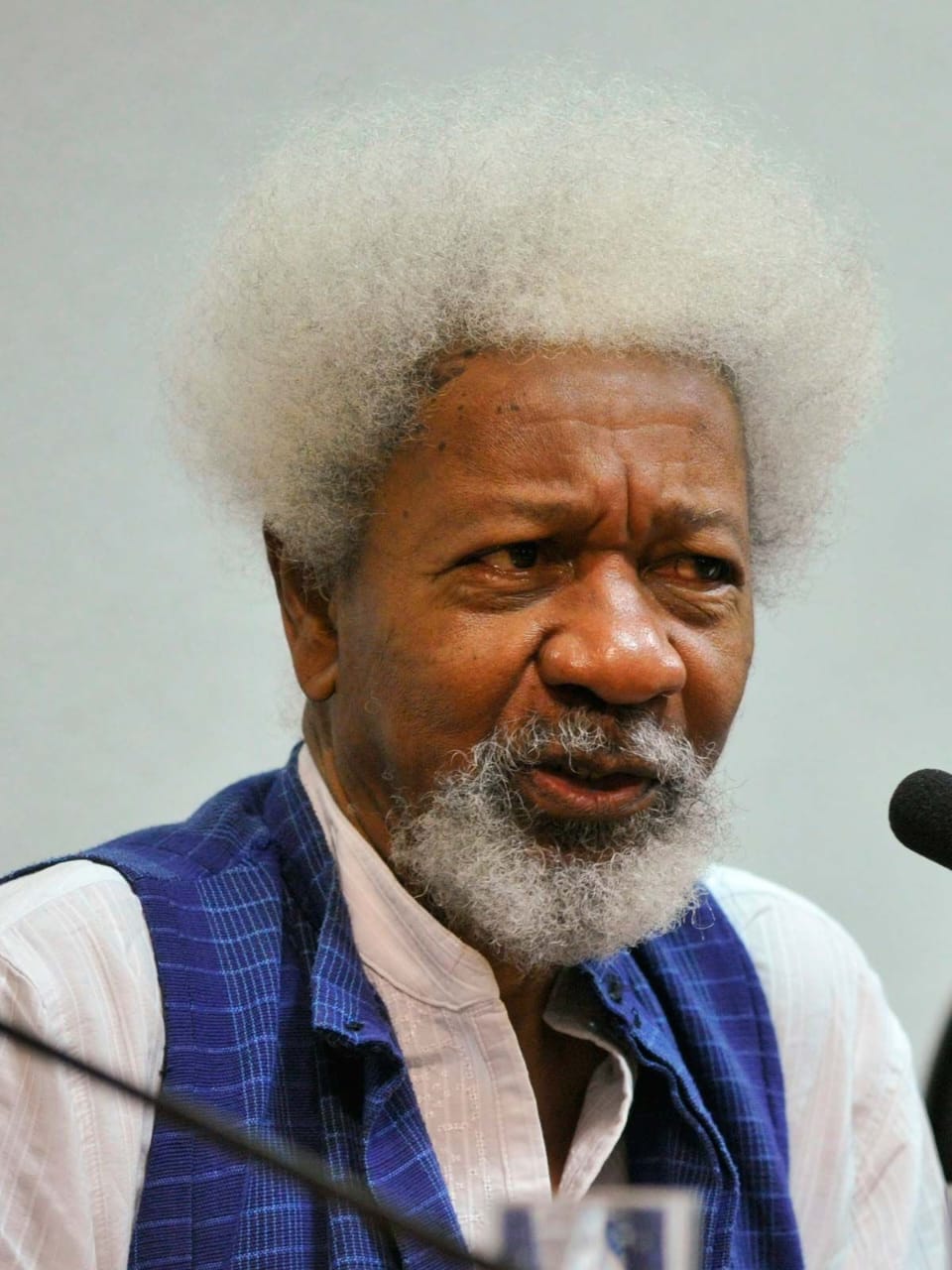
FG Clears Air On Seizure Of 3 Nigeria’s Presidential Aircrafts In France
Mohammed Shosanya Attorney General of the Federation and Minister of Justice, Prince Lateef Fagbemi, SAN, has clarified on the circumstances surrounding the seizure in France, of three presidential aircrafts belonging to the















